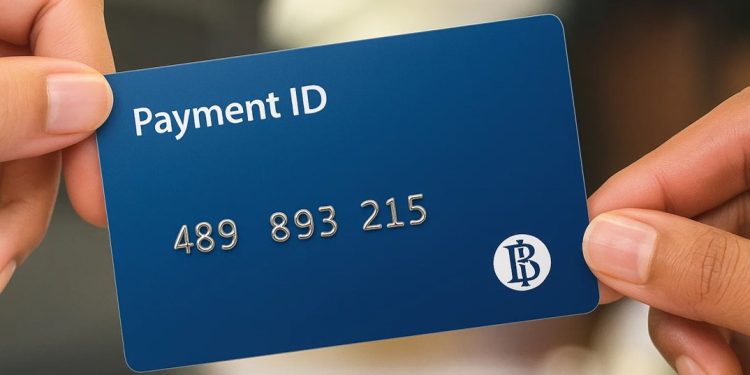Jakarta, Indonesia Sentinel — Bank Indonesia (BI) has denied claims that its upcoming Payment ID system will be used by the government to spy on the financial transactions of Indonesian citizens.
Dicky Kartikoyono, head of BI’s Payment System Policy Department, dismissed speculation that the new system, set to be rolled out by the central bank, was designed to monitor people’s private financial activities.
“The idea that Bank Indonesia wants to spy on individuals or intrude into their private space is simply not possible,” Dicky said, in Jakarta on Tuesday (August 12), citing Indonesia’s Personal Data Protection Law (PDP Law) as the legal safeguard for personal information.
He emphasized that the Payment ID is not intended to track individual purchases but to identify economic trends in specific sectors. “Tracking who buys shoes or who visits a café, we will never do that. What we want is to see industry growth in shoes, hotels, restaurants, and cafés, but we will never look at personal transaction data,” he said.
The Payment ID system will consolidate an individual’s financial information across all financial platforms into a single centralized system. While this has raised public concerns about potential privacy violations, BI stressed that both government agencies and financial institutions would still require explicit consent from data owners to access personal financial profiles.
“That’s the backbone of trust in the banking business,” Dicky said. “We now have the PDP Law, which strongly protects privacy. Data can only be used with the owner’s consent, and that is something we strictly uphold.”
Read Also:
Indonesia to Trial ‘Payment ID’ Integrated Financial System in August
State Secretary Prasetyo Hadi also refuted allegations that the Payment ID was a surveillance tool. He argued that the system could help flag suspicious transactions and detect abuses in government social aid programs.
“If by ‘spying’ you mean being nosy about people’s transactions, that’s not the case. Our intention is improvement,” Prasetyo said at the Merdeka Palace in Jakarta on Wednesday (August 13). “Once transactions are mapped and identified, we can find irregularities that shouldn’t happen.”
Authorities say the Payment ID could also be used to detect money laundering, illegal financing, and other suspicious activities. BI maintains the technology is sophisticated enough to monitor financial flows while protecting personal data.
Earlier, BI announced that the Payment ID system would undergo trial runs coinciding with Indonesia’s Independence Day celebrations. However, the central bank stressed that it would not officially launch the system on August 17, 2025, as some media reports had suggested.
For the pilot phase, the Payment ID is expected to support non-cash disbursement of government social aid (Bansos). Its full implementation in welfare distribution, however, will depend on final government regulations.
(Raidi/Agung)


























